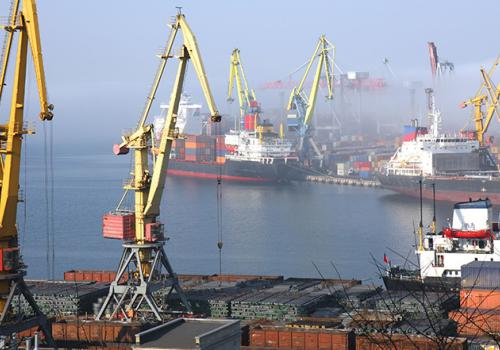Russia’s exports of goods to Mexico increased by more than 20% during the first six months of the current year, according to the latest figures released by the Bank of Mexico. In monetary terms, Mexican imports from Russia amounted to US$1.193 billion. In June, Mexican purchases of Russian goods exceeded US$275 million – the second-highest figure in the two countries bilateral trade history. Russia is a key international supplier of fertilizers to Mexico, accounting for nearly a quarter of all Mexican imports of nitrogen and mixed nitrogen, phosphorus and potash fertilizers. Rolled steel, aluminium, and synthetic rubber are among the country’s other important imports from Russia. With Russian non-energy exports to the European Union undergoing a significant decline due to sanctions and related political upheavals, Russian exporters and entrepreneurs have been busy finding alternative markets. Mexico has close relations with Russia and was a participant in its Sputnik V covid vaccine scheme. Mexico’s main exports to Russia include tequila, beer, beef, and automobiles, while Mexico is Russia’s third biggest trading partner in Latin America.
Russian multinational companies such as Power Machines operate in Mexico and Mexican multinational companies such as Grupo Omnilife, Grupo Maseca, Nemak, Cemex, Mabe, Katcon, Metalsa and Gruma operate in Russia. Mexican President Andrés Manuel López Obrador announced in March that Mexico would not be participating in any economic sanctions against Russia and criticized the overseas censorship of Russian state media. There has been some talk of a Mexican free trade agreement with the Eurasian Economic Union, however this would probably be a step too far for the neighboring United States, with the US being Mexico’s largest trade partner.
However, Russian entrepreneurs have been busy in Latin America with bilateral trade booming in other countries such as Argentina, Brazil, Chile, and Uruguay. An interesting component of this has been Russian sourcing of EU-style products from Latin America. This is because they are now difficult to source in Russia, or to manufacture without years of experience. This includes items such as Parmigiana cheese, absolutely necessary in Italian cuisine. With Argentina having a huge Italian diaspora who still retain that knowhow, Argentinian Parmigiana is now on sale in Russian supermarkets. Increased bilateral trade also means increased opportunities for Mexican exporters to sell to Russia.
